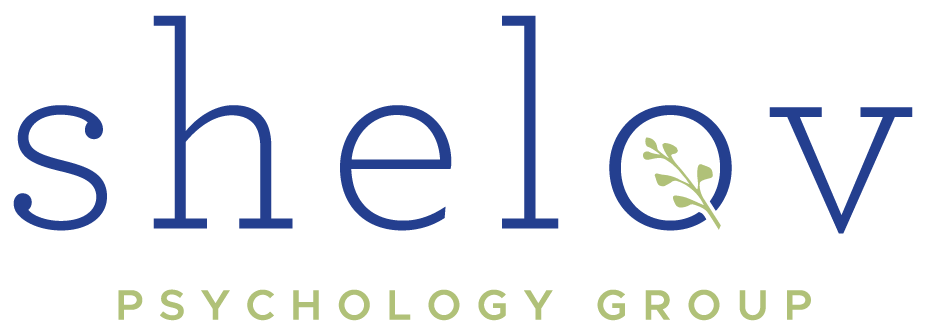Food, Booze & Mood
It has taken me so many years of clinical work to really understand the dynamic between food, alcohol and mood.
Alcohol was often a symptom when I worked with patients with eating disorders, but rarely was it the direct area of focus. It was something we managed, without addressing enough how much alcohol use was perpetuating the eating issues and how on its own it was a profound problem.
The pandemic and two years of semi-isolation demonstrated to me the power of alcohol and its enmeshment in eating disorders.
Alcohol is so complicated because it is a substance that forces you to want more of it. The way alcohol works is that the immediate rush you feel, the initial flood of relaxation and levity is short-lived. The rest of the evening is spent chasing that first spike.
Alcohol itself, as we know, leads to impaired decision-making, blackouts, and disinhibition. But even more so it is a depressant.
Alcohol lowers mood, dysregulates sleep, and negatively impacts self-worth and creativity.
Then there is the hangover. The actual design of alcohol is that the remedy for a hangover is alcohol itself. In the book This Naked Mind, by Annie Grace, she illustrates the ways in which alcohol has been designed to create addiction, and how it has become seamlessly integrated into our culture.
The more I came to focus on the link between eating issues and alcohol use, I familiarized myself with the numbers.
Alcohol and Eating Disorders are entwined. Between 20-60 % of people struggling with eating disorders are also struggling with Alcohol Use Disorder (AUD).
In my clinical experience, it is almost impossible to treat an eating disorder with alcohol in the mix. The longer heavy alcohol use stays a part of my patient’s lives the more entangled and entwined food and booze become.
I try to introduce the concept to my patients that every drink matters.
One of the most important brain shifts you can make is to choose your drinks and your evenings wisely.
Drinks are not innocuous. Alcohol fills in the spaces of creativity in your brain. It is an energy and idea vacuum.
Alcohol use may allow you to function, but excessive use interferes with one’s ability to flourish. In terms of food, people suffering from Eating Disorders are already fighting an uphill battle. To confront the ED voice and push yourself to stay on track with food and fight other symptoms, requires so much strength and determination.
Though alcohol may feel freeing in the moment, it is working against you and colluding with your issues with food. Alcohol use increases depression, sadness, sleeplessness, and dysregulation. These are all things that perpetuate an eating disorder, they are NOT serving you.
Our instinct, when we are struggling with food and alcohol, is to keep it a secret. In order for progress to be made, the work is around sharing what is happening- preferably with a therapist. If this feels like something you are ready to do-reach out to us. We can find a path forward. Let us help.

